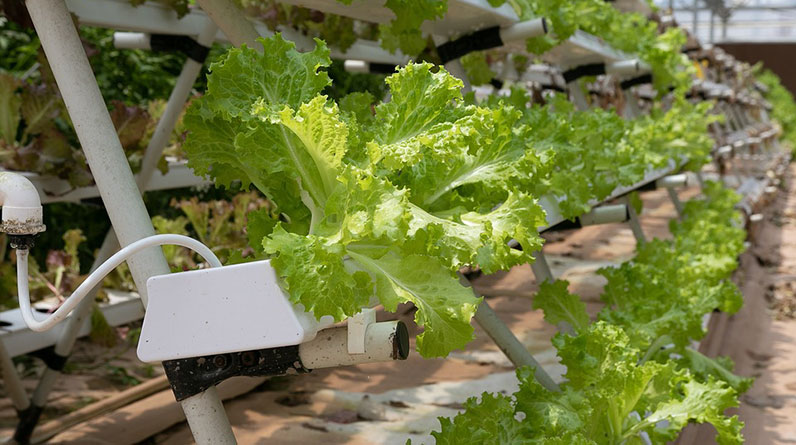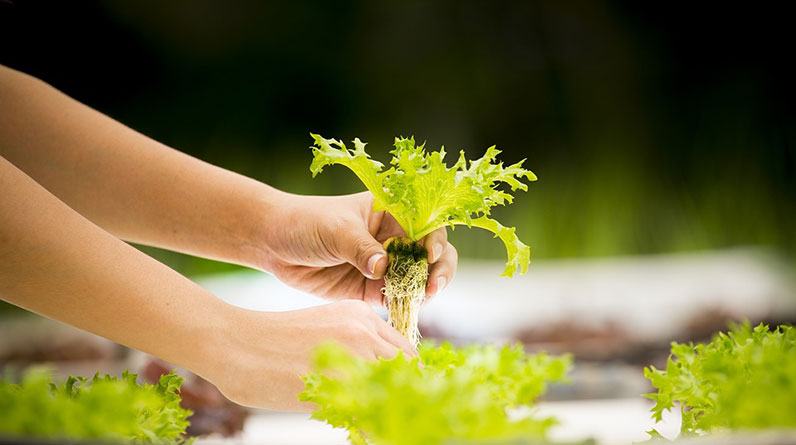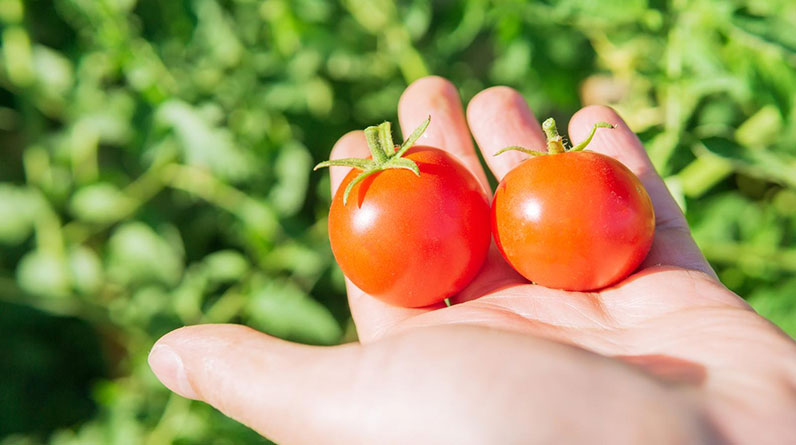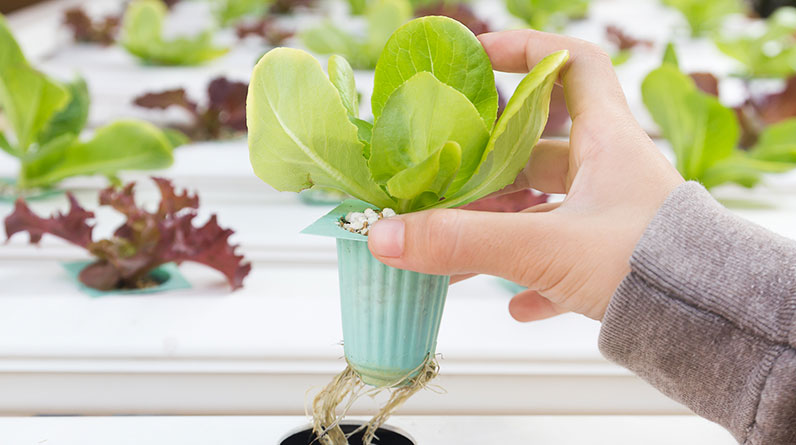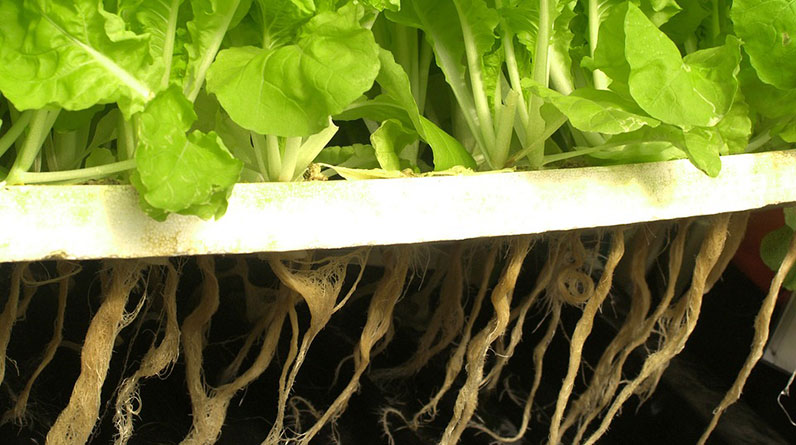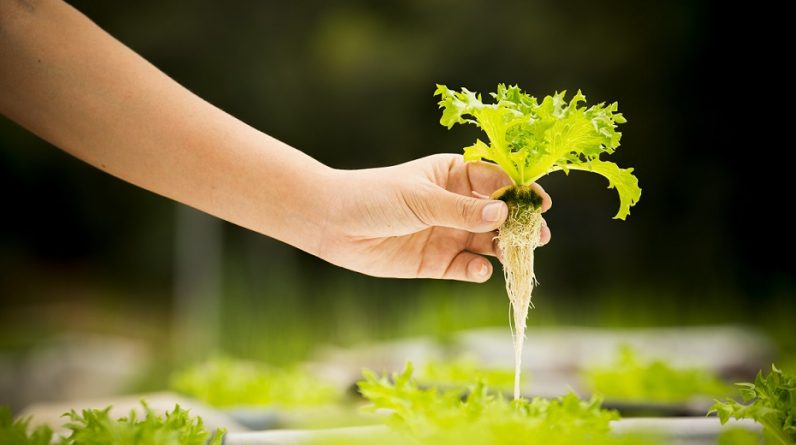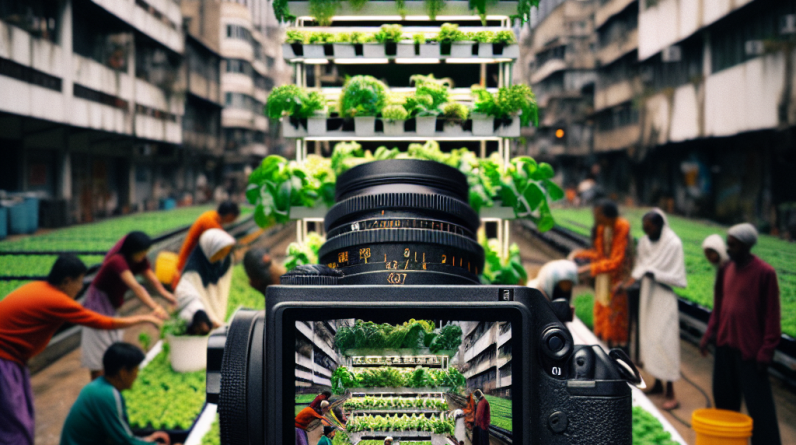
Building Awareness and Interest in Hydroponics
Understanding Hydroponics Basics
When I first heard about hydroponics, I was intrigued. It’s like gardening but with a twist, where plants grow in nutrient-rich water instead of soil. This method uses less space and is perfect for urban environments where land is scarce. The more people understand the basics, the more they realize how applicable it is to our lives.
What struck me the most was how efficient hydroponics can be. Many urban settings struggle with food deserts – areas where fresh produce is hard to find. Hydroponics offers a solution by allowing communities to grow their own food, right where it’s needed most. And let me tell you, that can spark excitement!
As I shared my knowledge about hydroponics with friends and neighbors, I found that the more we discussed it, the more interest blossomed. Simple workshops or even community meet-ups can create buzz. Getting the word out is key to building interest in this sustainable growing method.
Accessible Education and Resources
Providing Hands-On Training
One of the biggest hurdles I faced when getting into hydroponics was the lack of hands-on training. I realized that simply reading about it wasn’t enough; I needed to dive in! That’s why I believe accessible training programs are vital. Teaching others how to set up their own hydroponic systems can be a game changer.
During my workshops, I encouraged participants to get their hands dirty—figuratively speaking, of course! Setting up a simple hydroponic garden together helped demystify the process. By participating, they acquired the confidence to start their own at home.
Moreover, offering resources like e-books, YouTube tutorials, or online forums can help support ongoing education. Each community member should have the ability to find tips or troubleshoot problems easily. Keeping the excitement going long after the initial training is essential.
Establishing Community Gardens and Projects
Creating Shared Spaces
When we put our heads together and started discussing the concept of shared community hydroponic gardens, it was magic! Establishing these collective spaces where everyone participates promotes teamwork and innovation. I’ve seen firsthand how plants can bring people together.
These gardens can be set up in parks, rooftops, or even vacant lots. The key is to engage the community in the planning process so that everyone feels a sense of ownership. It’s not just about growing food; it’s about growing relationships within the community.
Another fantastic benefit of community gardens is the opportunity to share knowledge. Experienced gardeners can take newbies under their wings, fostering an environment of learning that can uplift the entire community. There’s something special about learning from one another, right?
Encouraging Sustainable Practices
Water and Resource Conservation
One thing that truly makes hydroponics shine is its sustainability factor. Hydroponics uses significantly less water than traditional gardening. I cannot stress enough how important this is, especially in urban settings where water resources can be stretched thin. Teaching this aspect can create more eco-conscious citizens!
As we adopted more sustainable practices in our community gardens, I noted a real shift in mindset. People started to notice how their own actions could contribute to a healthier environment. The idea that one can grow food with minimal resources? That’s powerful!
By integrating workshops that focus on the environmental impact and sustainability of hydroponics, we can inspire more individuals to make eco-friendly choices in all areas of their lives. It’s about creating a culture of sustainability, and hydroponics fits perfectly into that picture.
Connecting with Local Markets
Building Partnerships
Once folks in the community started growing their own produce, the next step was figuring out how to connect that to local markets. This is where partnerships come in. I’ve seen some fantastic collaborations between local hydroponic growers and grocery stores or farmers’ markets.
These partnerships not only help to sell the fresh, local produce but also bring awareness to the benefits of hydroponics. When community members see their own success reflected in these markets, it creates a positive feedback loop that keeps people engaged and motivated.
Furthermore, local restaurants are often looking for fresh, unique ingredients. Hosting events that allow local businesses to sample hydroponically grown produce can open more doors for aspiring urban farmers. It’s all about showcasing what’s possible when we work together!
FAQ
1. What is hydroponics?
Hydroponics is a method of growing plants in a nutrient-rich water solution instead of soil. This technique allows for more efficient use of resources and can be ideal for urban environments.
2. How can I start a hydroponic garden?
Starting a hydroponic garden can be as simple as setting up a small system with basic materials. Look for online resources or consider attending a local workshop for hands-on training.
3. What are the benefits of community hydroponic gardens?
Community hydroponic gardens promote collaboration, provide access to fresh produce, and encourage sustainable practices, helping to build stronger neighborhood ties.
4. How do hydroponics benefit the environment?
Hydroponics uses less water than traditional farming, reducing overall water consumption. Additionally, it can be set up in various urban spaces, minimizing the need for transporting food over long distances.
5. Where can I sell my hydroponically grown produce?
You can sell your produce at local farmers’ markets, grocery stores, or even to restaurants. Building partnerships with local businesses can help you find the best outlets for your fresh goods.


